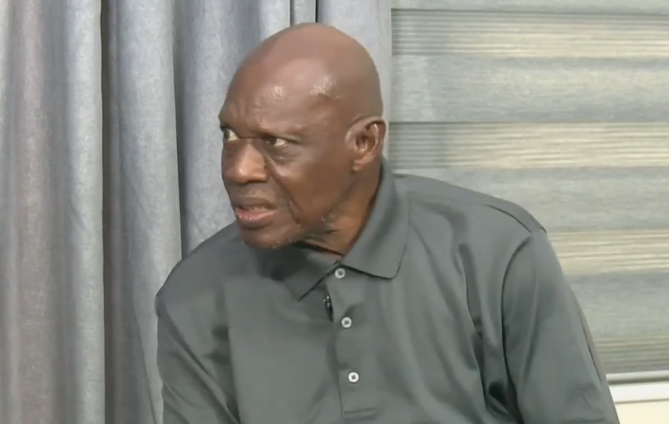Justice William Atuguba’s call for an expansion of the Ghanaian Supreme Court stems from a deep concern over the court’s burgeoning caseload and its potential impact on the quality of justice. He paints a picture of a court overwhelmed by nearly 800 pending cases, a number that strains the current bench of 12 to 15 justices. This heavy workload, he argues, forces justices to juggle multiple complex cases simultaneously, potentially compromising the thoroughness and depth of their deliberations. The complexity of these cases, ranging from appeals across various lower courts to matters involving the court’s supervisory jurisdiction, necessitates extensive research and careful consideration, further exacerbating the burden on the existing justices. Justice Atuguba’s concern is not merely about efficiency but about the very essence of justice – ensuring that each case receives the due diligence it deserves. He fears that the current system, stretched thin by its caseload, risks delivering rushed and potentially flawed judgments, thereby undermining public trust in the judicial process.
The crux of Justice Atuguba’s argument lies in the imbalance between the court’s current capacity and the demands placed upon it. He proposes two primary solutions: expanding the number of justices or redefining the court’s jurisdiction. The first suggestion, increasing the bench to at least 25 justices, aims to create five parallel panels, allowing for simultaneous hearings and a more streamlined processing of cases. This, he believes, would alleviate the pressure on individual justices and allow for more focused attention on each case. The second suggestion, redefining the court’s jurisdiction, involves a more fundamental restructuring of the judicial system. By limiting the types of cases that reach the Supreme Court, the overall caseload would be reduced, allowing the existing bench to manage the remaining cases more effectively. This approach, however, requires careful consideration to ensure that access to justice is not inadvertently restricted.
Central to Justice Atuguba’s advocacy for reform is his emphasis on safeguarding judicial independence. He argues that a fixed limit on the number of Supreme Court justices is crucial to prevent political manipulation of judicial appointments. Historically, he notes, African political leaders have been tempted to influence the judiciary by packing it with sympathetic appointees, thereby compromising its impartiality. A clearly defined cap on the number of justices, he contends, would serve as a bulwark against such interference, preserving the integrity and independence of the highest court. This concern underscores the importance of viewing judicial reform not merely as a matter of efficiency, but as a crucial step in strengthening democratic institutions and ensuring the rule of law.
Justice Atuguba’s insights provide a valuable contribution to the ongoing debate surrounding judicial reform in Ghana. He highlights the Supreme Court’s broad jurisdiction encompassing original, appellate, supervisory, and review cases, contributing to its heavy workload. While acknowledging that an increase in litigation necessitates a corresponding increase in judicial capacity, he cautions against expansions driven by political expediency rather than genuine need. Any expansion, he emphasizes, must be carefully considered and implemented strategically to avoid unintended consequences and ensure that the quality of justice is not compromised in the pursuit of efficiency. His perspective emphasizes the need for a balanced approach that considers both the practical demands of the court and the fundamental principles of judicial independence and integrity.
The overarching theme of Justice Atuguba’s argument is the critical need for balance. He advocates for a balance between the court’s workload and its capacity, between efficiency and thoroughness, and between judicial independence and political influence. His call for reform is not simply a plea for more resources, but a call for a more robust and resilient judicial system, one that can effectively uphold the rule of law and ensure fair and timely justice for all. He underscores the importance of viewing judicial reform not as an isolated issue, but as a crucial component of strengthening democratic governance and fostering public trust in the legal system as a whole.
Justice Atuguba’s insights offer a valuable framework for considering the complex issues surrounding judicial reform. His emphasis on the interplay between caseload, judicial capacity, and judicial independence provides a nuanced perspective on the challenges facing the Ghanaian Supreme Court. His recommendations, rooted in both practical considerations and deeply held principles, offer a pathway towards a more effective and equitable judicial system, one that can meet the demands of a modern society while upholding the core values of justice and fairness. His contribution to the conversation adds a critical voice to the ongoing debate, urging stakeholders to consider the long-term implications of judicial reform and prioritize the strengthening of democratic institutions.














